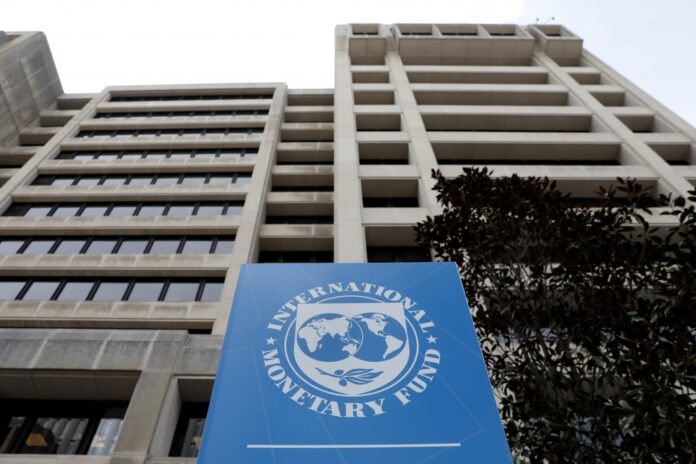Fuel and power subsidy continuation will cost Nigeria N2.3tr in 2024
By Jeph Ajobaju, Chief Copy Editor
Continuation of fuel and electricity subsidy will cost Nigeria N2.33 trillion or 3 per cent of its Gross Domestic Product (GDP) in 2024, the International Monetary Fund (IMF) has warned.
The warning is contained in the report of the Staff Article IV Consultations issued by the IMF Country Office in Abuja, which says “the capping of fuel pump prices and electricity tariffs below cost recovery could have a fiscal cost of up to 3 per cent of GDP in 2024.”
Based on Nigeria’s real GDP of N77.93 trillion, 3 per cent projected by IMF amounts to N2.33 trillion.
The IMF team led by Axel Schimmelpfennig, its Mission Chief for Nigeria, visited Lagos and Abuja between February 12 and 23 to hold discussions for the 2024 Article IV Consultations with Nigeria.
The team urged the federal government to implement social safety nets through the cash-transfer programme before addressing the fuel subsidies and electricity tariffs below cost recovery.
“Recently approved targeted social safety net program that will provide cash transfers to vulnerable households needs to be fully implemented before the government can address costly, implicit fuel and electricity subsidies in a manner that will ensure low-income households are protected,” the report said.
“Nigeria’s economic outlook is challenging. Economic growth strengthened in the fourth quarter, with GDP growth reaching 2.8 percent in 2023.
“This falls slightly short of population growth dynamics. Improved oil production and an expected better harvest in the second half of the year are positive for 2024 GDP growth, which is projected to reach 3.2 percent, although high inflation, naira weakness, and policy tightening will provide headwinds.
“With about 8 percent of Nigerians deemed food insecure, addressing rising food insecurity is the immediate policy priority.
“In this regard, staff welcomed the authorities’ approval of an effective and well-targeted social protection system. The team also welcomed the government’s release of grains, seeds, and fertilizers, as well as Nigeria’s introduction of dry-season farming.
“Recent improvements in revenue collection and oil production are encouraging. Nigeria’s low revenue mobilisation constrains the government’s ability to respond to shocks and to promote long-term development.
“Non-oil revenue collection improved by 0.8 percent of GDP in 2023, helped by naira depreciation. Oil production reached 1.65 million barrels per day in January as the result of enhanced security.”
__________________________________________________________________
Related articles:
Falana urges Abuja to reject IMF, World Bank policies
Minna residents block roads to protest high living costs
World Bank warns, Nigeria’s economy too weak to tackle poverty
Atiku moans poverty, hunger escalating insecurity
__________________________________________________________________




